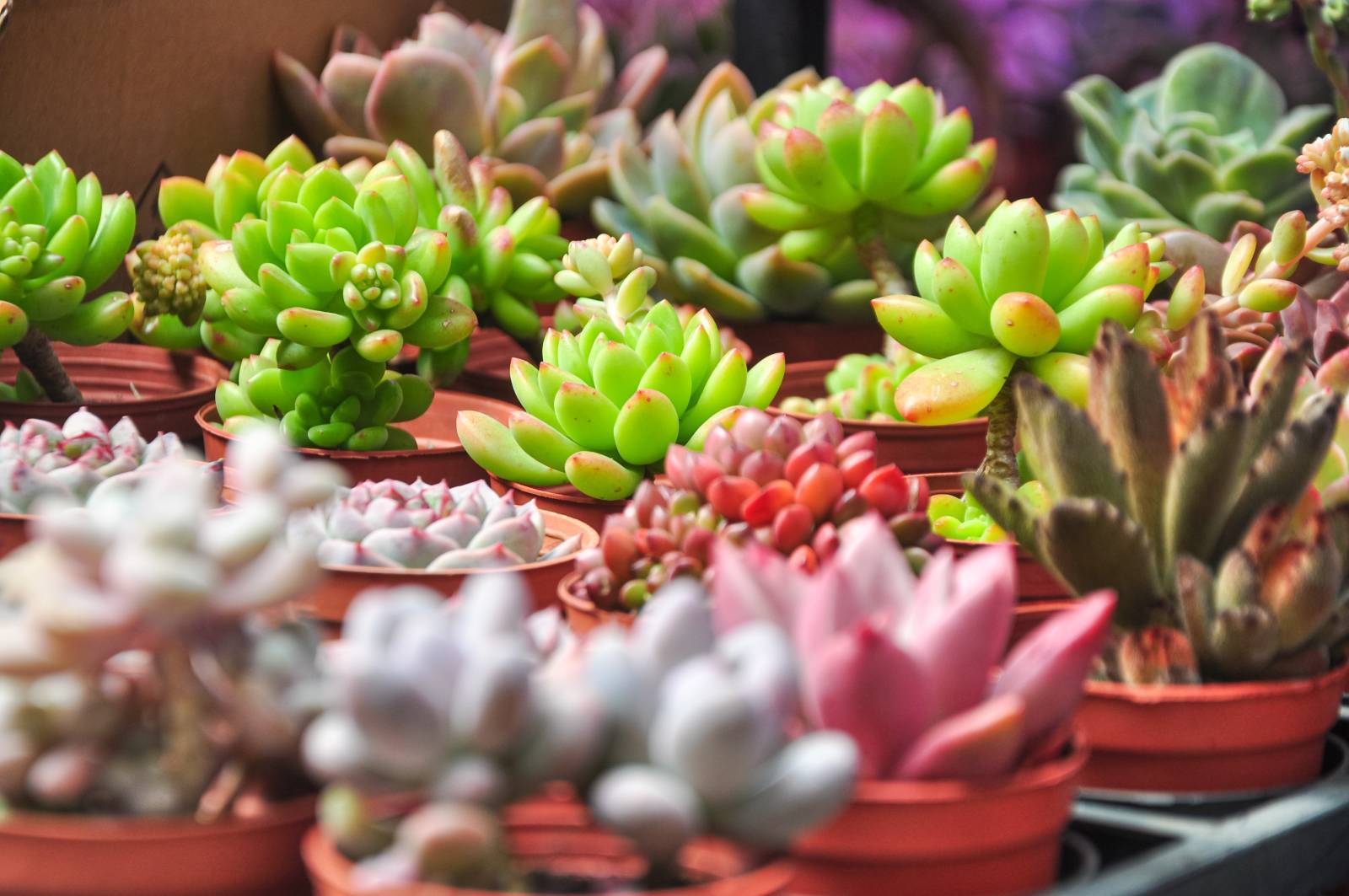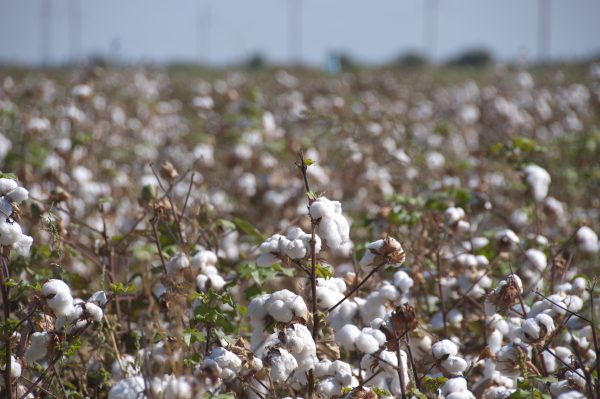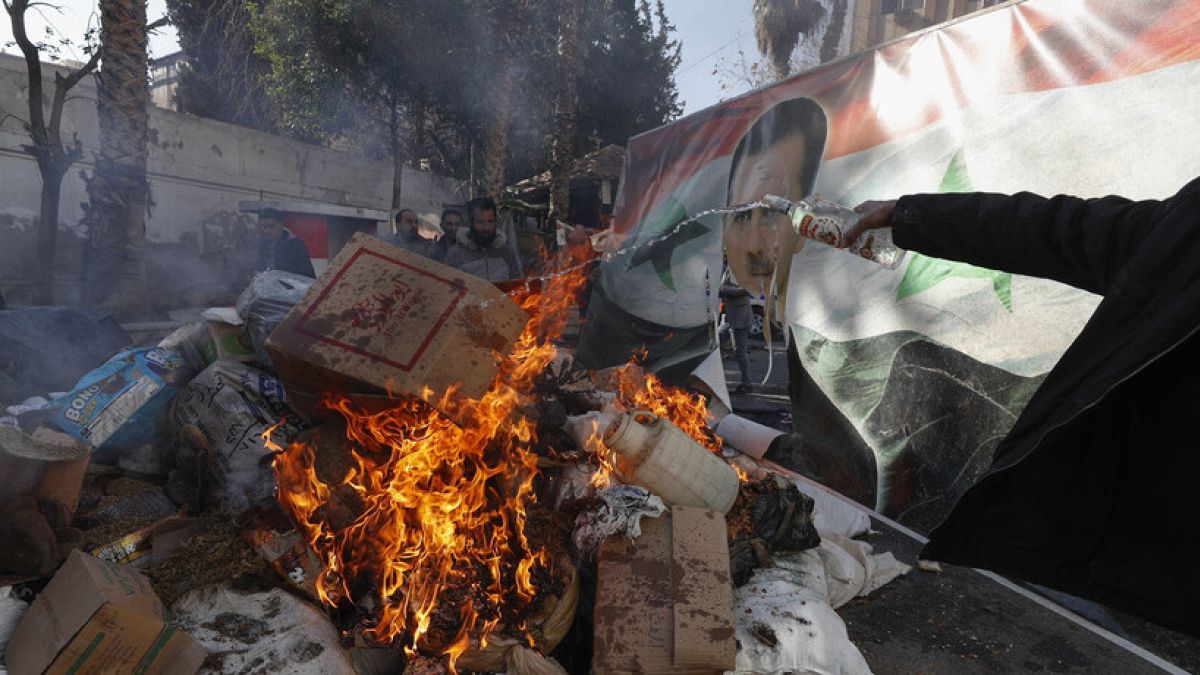A worker monitors newly bottled beers on the production line at the InBev beer factory in Ogun State outside Lagos,
Nigeria. File photo by STEFAN HEUNIS / AFP/via Getty
Officials in Nigeria’s Niger State are at loggerheads over a proposed ban on alcohol.
Mohammed Ibrahim, an official of the state’s liquor licensing board, announced the ban in December. Days later, after a backlash from liquor sellers, the state governor called it a “false pronouncement” and instructed security agents to arrest Ibrahim.
But the local government chairperson of Suleja, which is home to more than 260 000 people, has insisted on the ban and is enforcing it.
The kerfuffle highlights the complexities of alcohol regulation in Nigeria where drinkers spent 600 billion naira ($399 million) on beer in the first half of 2022 alone, according to the Vanguard newspaper.
That figure — equivalent to 4% of the Nigerian federal government’s 2022 budget — was based on the sales reported by the country’s four biggest brewers and didn’t include informal and small brewers.
In 2018, the World Health Organisation reported that more than half of Nigerians over the age of 14 drink alcohol, with 60% being heavy drinkers who consumed in one sitting more than the equivalent of five beers at least once a month.
One driver of such habits is the ubiquity of alcohol. Last year, a study in parts of Abeokuta city in Ogun State found that some areas had as many as 200 alcohol outlets per square kilometre.
“We found only two schools and three religious institutions located further than 600m from an alcohol outlet. The shortest distance from an outlet to a school was 18.77m and 44 schools were located within less than 100m of an alcohol outlet,” said researcher Ogochukwu Odeigah, a psychology lecturer at Chrisland University in Ogun.
“Each alcohol outlet people pass serves as a visual reminder of alcohol consumption, possibly shaping collective norms by suggesting that a higher percentage of people drink alcohol,” Odeigah said.
But that ubiquity also represents jobs, as well as tax and licensing income for states and the federal government.
“The average Nigerian who waits tables at hotels and establishments in order to feed and sustain himself and his family … would be forced out of a job,” said Okosisi Atama, who chairs the association of hoteliers in Suleja, where the ban is still in effect.
Atama also argued that banning alcohol can be divisive along ethnic and religious lines. Non-Muslim people could interpret it as an attempt to nationalise the teetotal tenets of Islam, which is more established in the north than elsewhere in Nigeria. These sensitivities have led to a significant regulatory gap.
It’s not that there is no regulation. This month, the National Agency for Food and Drug Administration and Control started enforcing a 2022 ban on alcohol packaged in sachets and tiny bottles.
But piecemeal regulation is not enough in a country with an “exponentially increasing young population”, said Odeigah.
She recommended a national law on alcohol that sets when and where alcohol can be sold; mandatory health warnings on alcohol products; restrictions on how much pure alcohol one drink can contain; and widespread campaigns guiding people on low-risk drinking.
Any federal law would need to flexibly allow states to pass their own local legislations and have local licensing committees, to work around the cultural and religious differences that make implementing federal laws and policies difficult.
For comprehensive national regulation, authorities would have to look beyond the taxes and liquor licence fees they earn from the alcohol industry and, Odeigah said, to “the larger social and public health cost of alcohol use”.
But, she added: “The alcohol industry has been lobbying the government aggressively against the formulation and implementation of alcohol policies that would affect alcohol consumption or harm the industry.”
The deep-pocketed lobbyists typically win.
This article first appeared in The Continent , the pan-African weekly newspaper produced in partnership with the Mail & Guardian . It’s designed to be read and shared on WhatsApp. Download your free copy at thecontinent.org





















Discussion about this post